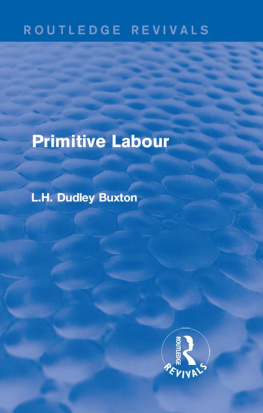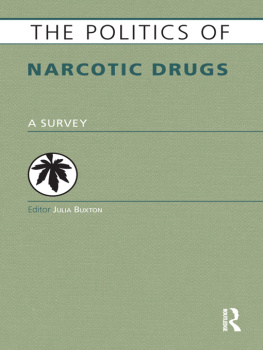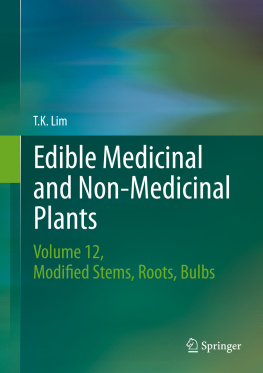Robert Ottiwell Gifford-Bennet - Buxton and its Medicinal Waters
Here you can read online Robert Ottiwell Gifford-Bennet - Buxton and its Medicinal Waters full text of the book (entire story) in english for free. Download pdf and epub, get meaning, cover and reviews about this ebook. year: 2017, publisher: CreateSpace Independent Publishing Platform, genre: Romance novel. Description of the work, (preface) as well as reviews are available. Best literature library LitArk.com created for fans of good reading and offers a wide selection of genres:
Romance novel
Science fiction
Adventure
Detective
Science
History
Home and family
Prose
Art
Politics
Computer
Non-fiction
Religion
Business
Children
Humor
Choose a favorite category and find really read worthwhile books. Enjoy immersion in the world of imagination, feel the emotions of the characters or learn something new for yourself, make an fascinating discovery.

- Book:Buxton and its Medicinal Waters
- Author:
- Publisher:CreateSpace Independent Publishing Platform
- Genre:
- Year:2017
- Rating:5 / 5
- Favourites:Add to favourites
- Your mark:
- 100
- 1
- 2
- 3
- 4
- 5
Buxton and its Medicinal Waters: summary, description and annotation
We offer to read an annotation, description, summary or preface (depends on what the author of the book "Buxton and its Medicinal Waters" wrote himself). If you haven't found the necessary information about the book — write in the comments, we will try to find it.
Buxton and its Medicinal Waters — read online for free the complete book (whole text) full work
Below is the text of the book, divided by pages. System saving the place of the last page read, allows you to conveniently read the book "Buxton and its Medicinal Waters" online for free, without having to search again every time where you left off. Put a bookmark, and you can go to the page where you finished reading at any time.
Font size:
Interval:
Bookmark:

and its
MEDICINAL WATERS.
Buxton Bath Charity.
Deansgate and Ridgefield , Manchester ;
2, amen corner , london , e.c.
Buxton, May, 1892.
CONTENTS. CHAPTER I. topographical and descriptive . |
page |
SituationAltitudeGeologyRoman BathsClimate and TemperatureDeath RateWater SupplyRainfall DrainageRailway CommunicationPublic BuildingsDevonshire Hospital and Buxton Bath CharityVisitors AccommodationAntiquarian |
CHAPTER II. the medicinal waters and their action . |
Physiological Functions in Healthy IndividualsPerformance of the Physiological Functions in Health and DiseaseAction of Oxygen upon the Nitrogenous and Non-nitrogenous CompoundsOrigin of Calculi, Nodosities, and TophiAction of the Thermal Water upon the Great EmunctoriesChalybeate Water when Used as a Douche, or Taken InternallyAnalyses of the WatersSelection of Buxton by the RomansFirst Treatise upon the Buxton Spa, written by Dr. Jones in 1572Source and Nature of the Waters |
CHAPTER III. the baths and mode of application . |
Kinds of BathsNatural and HotAction of Thermal Water upon the SkinNatural BathsSwimming and Plunge for Males and FemalesNecessity of Caution in their UseImportance of Time and Frequency in Taking the BathsDirections During and After BathingMost Favourable Time for Taking Warm or Hot BathsDirections for the Use of Half, Three-quarters, and Full BathsDrowsiness after BathingMassage, When and How UsedWhen Baths InadmissibleHours for Drinking the Medicinal WatersDiseases in which the Thermal Water should Not be Drunk |
CHAPTER IV. diseases in which the waters are useful . |
Acute Gout and RheumatismChronic Gout and RheumatismChoreaMany Forms of ParalysisMuscular Atrophy consequent upon the Gouty DiathesisLoco Motor AtaxiaSyphilisLocal InjuriesNeuralgiaSciatica, Lumbago, &c.Number of Baths Constituting a CourseLength of Residence RequiredAction of Water upon Acute and Chronic DiseasesExtract from Devonshire Hospital ReportInference |
topographical and descriptive .
Mean Temperature. | Rainfall. | |
1890. Deg. | 1891. Deg. | 1890. inch. |
Font size:
Interval:
Bookmark:
Similar books «Buxton and its Medicinal Waters»
Look at similar books to Buxton and its Medicinal Waters. We have selected literature similar in name and meaning in the hope of providing readers with more options to find new, interesting, not yet read works.
Discussion, reviews of the book Buxton and its Medicinal Waters and just readers' own opinions. Leave your comments, write what you think about the work, its meaning or the main characters. Specify what exactly you liked and what you didn't like, and why you think so.











